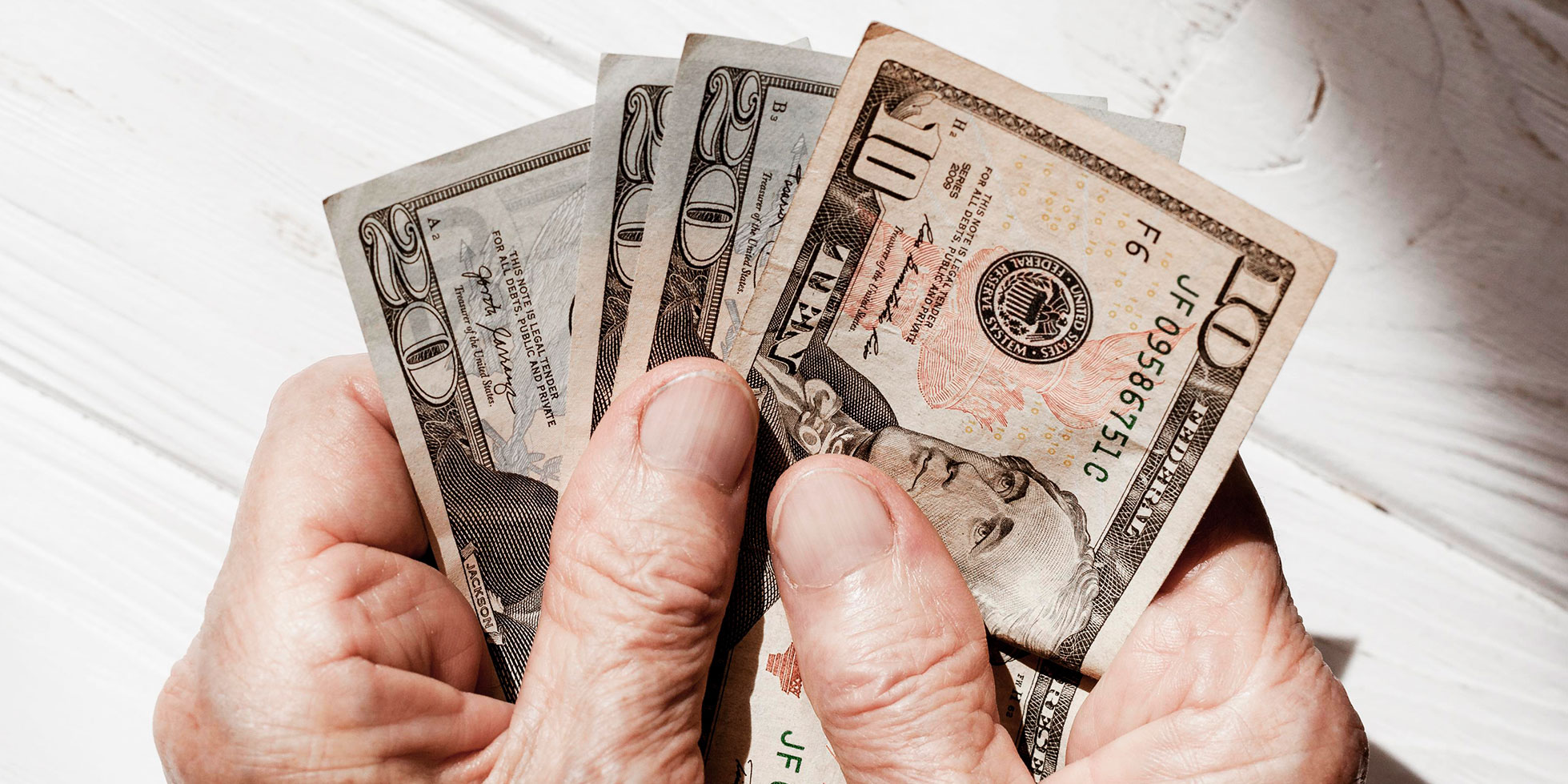Question: I have a question about contributing to retirement annuities (RAs) to save tax when one is my age, which is almost 80. As we took the full lump sum when we retired, any one-third withdrawal on new RA contributions will now attract a tax rate of 36% – not a great saving. The remaining two-thirds are now an illiquid investment funded from a liquid one. Tax will eventually be payable on any annuity that is eventually bought. Our children have often said they do not need any of our money.
As with all investment questions, I suspect there is no one simple answer, but I would welcome your thoughts.
Answer: When a retired person invests in an RA, there are a few issues to consider. As you are swapping a liquid asset for an investment where two-thirds must be used to buy an annuity, you must check that you have enough liquid assets for your future needs. If you have sufficient assets, then consider investing in an RA for the following reasons:
Immediate tax saving
You can contribute up to 27.5% of your pension and other taxable income into an RA and have that investment taken off your income for tax purposes. This will give you an immediate return on your investment that is the equivalent of the tax rate you pay.
Tax-free growth
The growth in the investment will also be tax-free. Now that regulation 28 has been eased in terms of offshore investments, the returns on retirement investments are a lot more in line with the returns that you would get from non-retirement investments – with the added kicker that there is no tax on the investment growth or switches.
Estate duty saving
Your retirement funds do not form part of your estate, so if your and your spouse’s combined assets are worth more than R7-million, it could make sense to start moving some of your assets into RAs. This will save you between 20% and 25% in estate duty.
Lump sum and tax
When you retired, you were allowed to take a lump sum out of your retirement fund. This was taxed on a sliding scale that peaked at 36%. So, any subsequent lump sum that you take would be taxed at 36%.
This may not be attractive if your tax rate as a retired person is below 36%, as you will be taxed on any lump sum at a higher rate than the tax break you received when you made the investment.
There is a solution. One of the unintended consequences of the two-pot system is that you can make a withdrawal from the one-third savings portion of your RA. This will be taxed at your current marginal rate and not at the 36% lump sum rate.
As the marginal tax rate for most pensioners is lower than 36%, this will mitigate some of the cash-flow risk of moving voluntary funds into a retirement fund.
Executor fees
Because you are allowed to attach a beneficiary to a retirement investment, should you die, there will be no executor fees levied on this amount.
Insider tip
Because RAs are governed by the Pension Funds Act, the trustees of the fund need to check that there are no other people who might have a rightful claim against the retirement benefit. As this can result in delays in finalising the payout, I recommend that, where it makes sense, my clients convert their RAs into living annuities, where the transfer of ownership is immediate.
Inheritance
When you die, the capital value of your living annuity could be taken as a lump sum by your beneficiaries. In this instance it would be taxed at the lump sum rate of 36%, as you have already used up the lower tiers.
Alternatively, your heirs could receive the annuity. If they are still working, I would recommend that they take the annuity at the lowest possible drawdown rate of 2.5% and have the balance grow to supplement their retirement funds when they retire.
They can contribute the income they receive from the inherited annuity into an RA to ensure that they remain in a tax-neutral situation.
Remember, no estate duty or executor fees are triggered here, so you will be preventing leakage of at least 24% from your estate.
If your children do not want to inherit, consider making your grandchildren the beneficiaries. Their tax rates will typically be less than that of their parents and it will provide them with a continuous income stream for the rest of their lives – a fantastic legacy from their grandparents. DM
Kenny Meiring is an independent financial adviser. Contact him on 082 856 0348 or at financialwellnesscoach.co.za. Send your questions to kenny.meiring@sfpadvice.co.za
This story first appeared in our weekly Daily Maverick 168 newspaper, which is available countrywide for R35.






